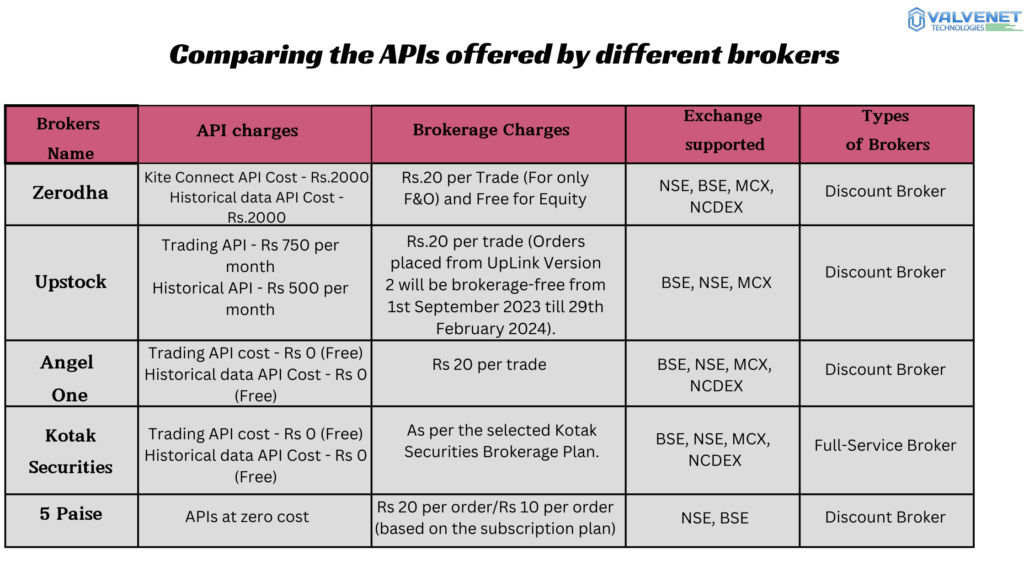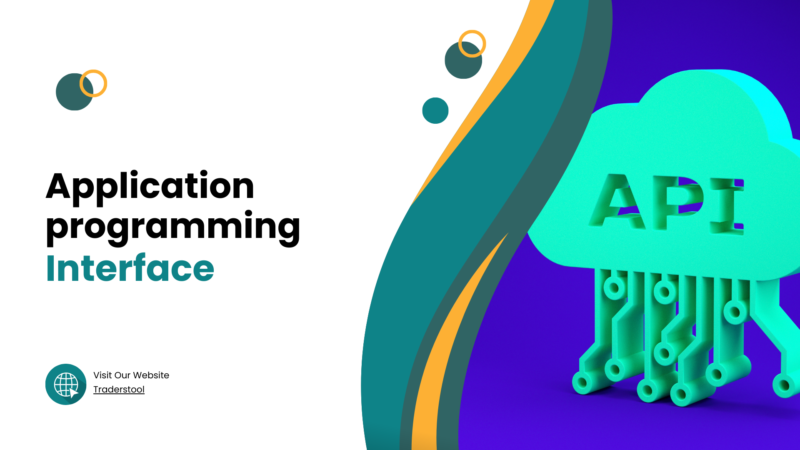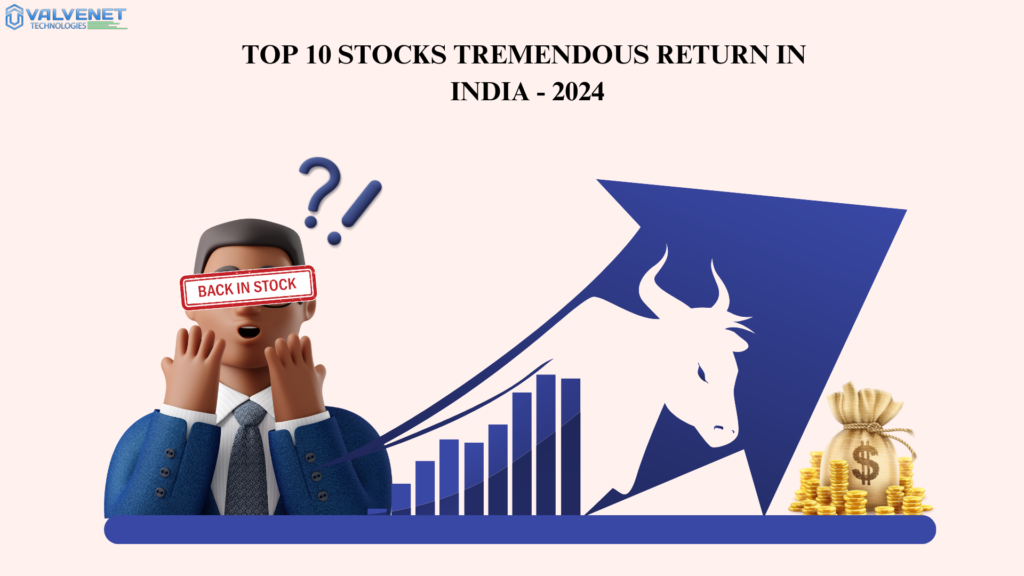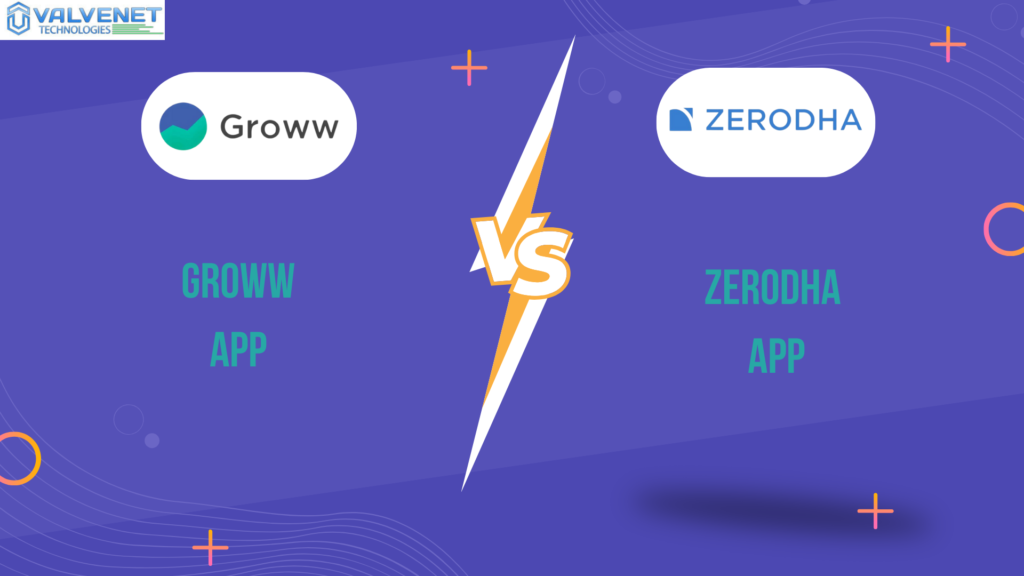Ever wish you had a magic wand to get all the market data you need or make trades faster than the speed of thought? Well, welcome to the world of APIs (Application Programming Interfaces)! Think of APIs as your personal trading butler, running around the financial markets, fetching real-time data, executing trades, and even managing your portfolio while you sit back and sip your coffee. Let’s take a closer look!
What is an API?
An Application Programming Interface (API) is a set of programming codes that allows one software platform to query data, parse responses, and send instructions to another. APIs are widely used to provide data services across various fields and contexts.
The popularity of APIs has surged, with companies like Meta (formerly Facebook), Amazon, and Salesforce creating their APIs. These allow businesses to access certain services without fully integrating into their ecosystems. This shift has given rise to the “API economy,” a model that boosts a company’s profitability by enhancing interoperability and enabling the creation of new systems from existing ones.

APIs facilitate connections between automated trading algorithms and preferred broker platforms in the financial markets and trading sector. This allows traders to obtain real-time quotes and pricing data and execute electronic trades efficiently.
In finance and trading, the term API—short for Application Programming Interface—plays a crucial role. But what exactly is it, and how does it benefit traders? Let’s break it down.
KEY TAKEAWAYS

- An Application Programming Interface (API) creates an online link between a data provider and an end user.
- In financial markets, APIs connect trading algorithms or models to an exchange or broker’s platform.
- APIs are crucial for implementing automated trading strategies.
- An increasing number of brokers are offering access to their platforms via APIs.
Understanding APIs
An API is a set of rules and protocols that allow different software applications to communicate with each other. In trading, APIs enable the seamless exchange of data between trading platforms, brokerage services, and other financial tools.
How APIs Benefit Traders

- Real-Time Data Access: APIs provide traders with access to real-time market data, such as stock prices, trading volumes, and financial news. This immediate access helps traders make informed decisions quickly.
- Automated Trading: Traders can use APIs to automate their trading strategies. By connecting their algo trading to an API, they can execute trades based on predefined conditions without manual intervention.
- Portfolio Management: APIs facilitate easy management of trading portfolios. Traders can pull data on their holdings, track performance metrics, and analyze past trades to refine their strategies.
- Backtesting: Using historical market data retrieved via APIs, traders can backtest their strategies to see how they would have performed in the past. This process is essential for refining and improving trading techniques.
- Custom Integration: APIs allow traders to integrate various tools and services. Whether it’s risk management systems, charting tools, or analytics platforms, APIs make it easy to create a tailored trading experience.
Two main types of traders utilize broker APIs:
1. Third-Party Applications: Many traders rely on third-party applications that require access to broker APIs for real-time data pricing and trade execution. For instance, Algo is a promising Algo trading software that utilizes broker APIs to secure live pricing and facilitate trades.
2. Developer Applications: An increasing number of traders are creating their automated trading systems using programming languages like Python. These traders need APIs to access pricing data and execute trades efficiently, allowing for greater customization and control over their trading strategies.
By leveraging broker APIs, both third-party and developer applications enhance the trading experience, providing access to critical data and automating processes.
BROKERS OFFERING APIs

Broker Name : Zerodha
Features of Zerodha:
- Broking APIs are provided by the platform, including the Trading API via Kite Connect, which facilitates seamless trading integration.
- The Kite Publisher API enables the publishing of real-time data in the market. Historical Data API offers access to past market information, while the WebSocket API supports live data streaming.
- These APIs use HTTP and support exchanges such as BSE, NSE, and MCX across equity, futures & options, currency, and commodity segments.
- Real-time data is available, and rate limits are specified in the Zerodha API limit section.
- Supported features in trading apps include login authentication, order placement, cancellation, modification, order history tracking, portfolio management, notifications, and logout capabilities, ensuring comprehensive trading solutions tailored to user needs.
PRICING:
- Zerodha API is available to retail customers with a monthly fee.
- For Kite Connect APIs, retail users/individuals need to pay Rs 2000 per month.
- These charges exclude the historical data API.
- The historical data API is available as an add-on to Kite Connect, costing an additional Rs 2000 per month.
BROKER NAME: UPSTOCK
Features of Upstock:
- The broking APIs offered include the Interactive API (Trading API), Historical Data API, Websocket API, and Tradebutton API (Publisher API).
- These APIs support trading activities across BSE, NSE, and MCX for equity, futures & options, currency, and commodity segments, providing real-time data.
- They are accessible in over 10 languages such as Javascript, Python, C#, and PHP.
- Integration with third-party software like Amibroker is supported.
PRICING:
- Brokerage fees are Rs—20 per trade, with a temporary exemption for certain orders from September 2023 to February 2024.
- Real-time market updates, and holdings, among other functionalities. Priced at Rs 750 per month
- Additionally, their Historical API provides OHLC (Open, High, Low, Close) data across various time intervals. This service is available for Rs 500 per month.
BROKER NAME: ANGEL ONE
Features of Angel Once
- Angel One provides a comprehensive API tailored for brokerage services across various trading needs.
- These APIs include Trading API, Publisher API, Market Data API, Historical Data API, and Websocket API, all utilizing HTTP for communication.
- Supported exchanges include BSE, NSE, and MCX, covering segments like Equity, F&O, Currency, and Commodity.
- Real-time data is available, and rate limits are specified for different API functionalities to ensure stable performance.
- The APIs support essential trading features such as login authentication, order management (placement, modification, cancellation), order history, portfolio management, notifications, and logout capabilities.
PRICING:
- Angel One offers its Trading API, Publisher API, Market Feed API, and Historical Data API at no cost, making them completely free for use.
- The brokerage fee is Rs 20 per trade, and various order types (Normal, Stoploss, Market Order, ROBO) and product types (CNC, MIS, NRML, BO) are supported.
BROKER NAME: KOTAK SECURITIES
Features of Kotak securities:
- Kotak Securities offers a range of broking APIs to cater to diverse trading needs.
- These include the Trading API and Websocket API, both utilizing REST over HTTP for communication.
- They are compatible with BSE and NSE exchanges across segments such as Equity, Derivative, and Currency, providing real-time data access.
- Integration with third-party software is extensive, with platforms like Tradetron, Algobaba, FoxTraders, and others already integrated with Kotak Securities APIs.
PRICING:
- Kotak Securities offers its users free-of-cost APIs. The company does not charge any monthly or annual subscription fee to access these APIs. Kotak Securities offers Rest and simple Python SDK APIs to its users.
- The brokerage fee is Rs 20 per trade its users free-of-cost APIs, and various order types (Normal, Stoploss, Market Order, ROBO) and product types (CNC, MIS, NRML, BO) are supported.
BROKER NAME: 5 PAISE
Features of 5 paise:
- The broking APIs provided include a suite tailored for diverse trading needs, encompassing the Trading API, Market Data API, Historical Data API, WebSocket API,
- Trading Ideas API. These APIs support trading across major Indian exchanges such as BSE, NSE, and MCX, spanning segments like Equity, F&O, Currency, and Commodity markets.
- Real-time data is available to facilitate timely decision-making.
PRICING:
- 5paisa provides APIs at zero cost. There is no fee charged from any client including, individual retail investors, start-ups, or trading desks, to use the 5paisa Developer API.
- Brokerage fees are competitive, with rates set at Rs 20 per order or Rs 10 per order depending on the chosen subscription plan.
Conclusion
In summary, APIs are powerful tools that enhance the trading experience. By providing access to real-time data and enabling automation, they allow traders to optimize their strategies and make more informed decisions. As technology continues to evolve, the role of APIs in trading will likely become even more significant, making them an essential resource for modern traders.
Whether you’re a beginner or an experienced trader, understanding and utilizing APIs can give you a competitive edge in the fast-paced world of trading.
Read more : Power your trading Decision with ValveNet Technologies low latency websocket API’s




